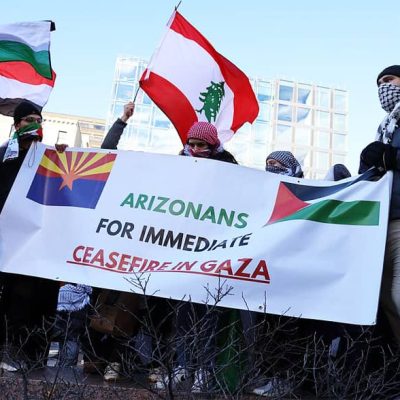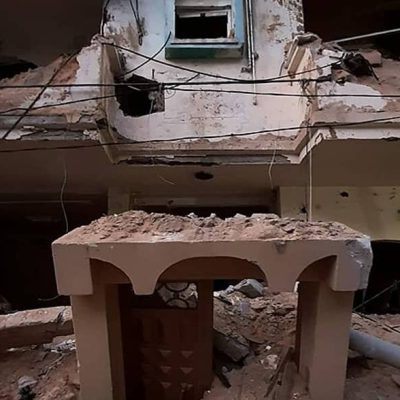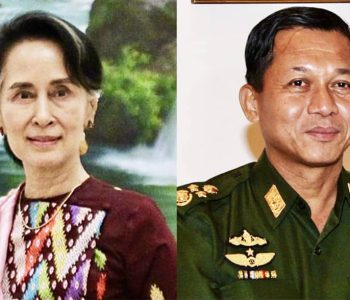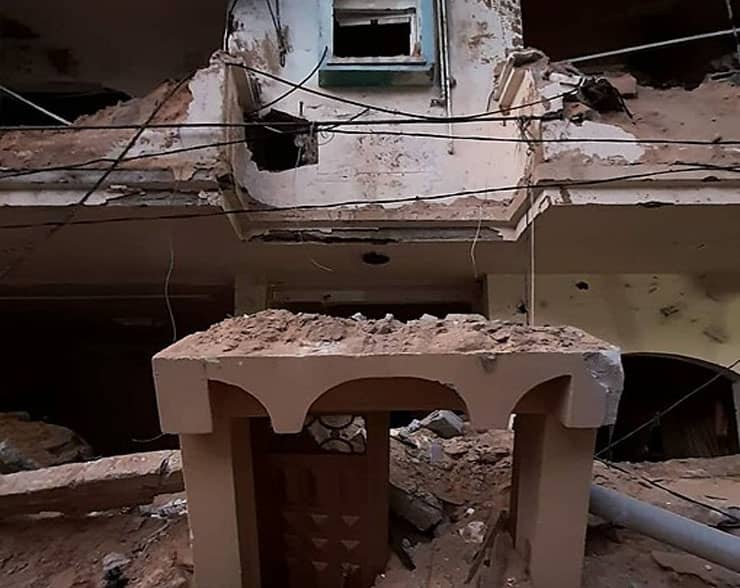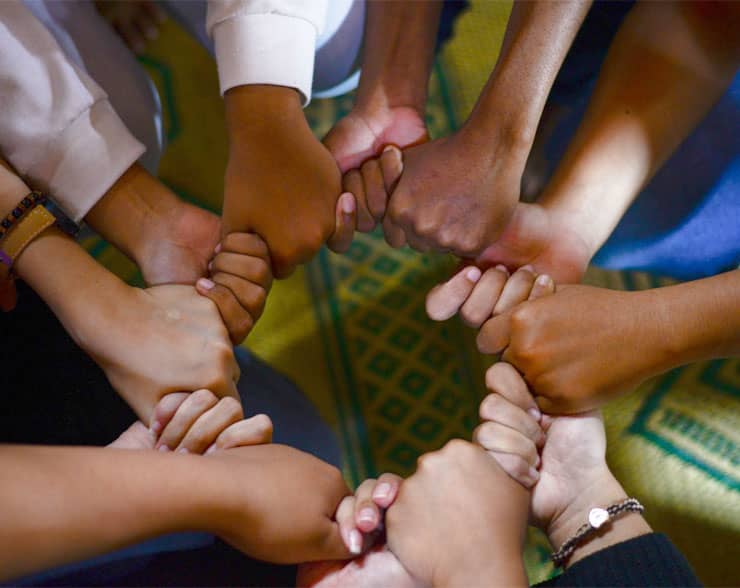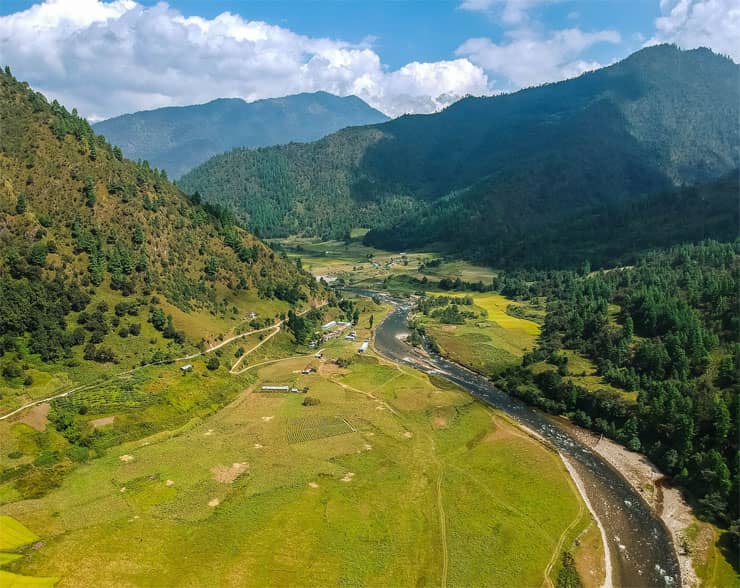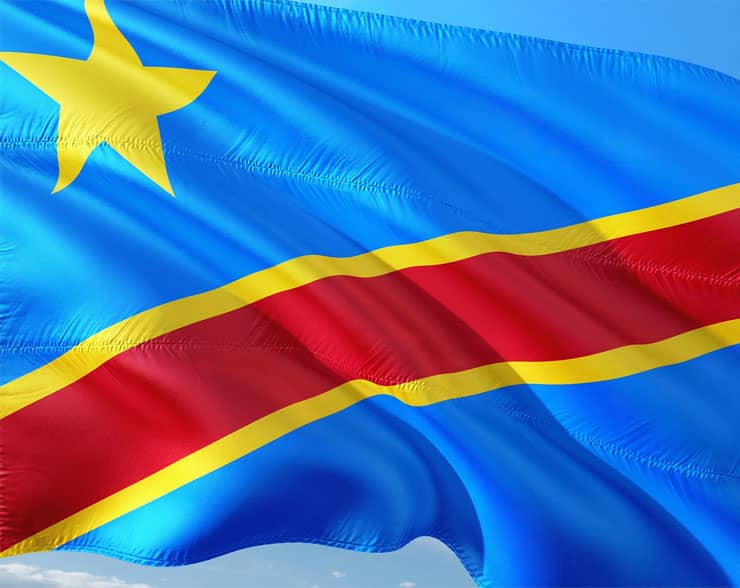 Appeals
Appeals
A Multilateral Framework for Afghan Negotiations.
U.S. Department of State from United States, Public domain,
Afghan Negotiations: Joint Statement of Extended Troika on Peaceful Settlement in Afghanistan.
On 30 April 2021, the representatives of what is called the Extended Troika – the U.S.A., Russia, China and Pakistan – presented in Doha, Qatar a “Joint Statement of Extended Troika on Peaceful Settlement in Afghanistan”. The Joint Statement sets out a road map for what is hoped will be intra-Afghan negotiations to be carried out in Doha between representatives of the government led by President Ashraf Ghani and the Taliban.
The road map stresses the vision of the creation of an Afghanistan that is:
“independent, sovereign, unified, peaceful, democratic, neutral and self-sufficient, free of terrorism and an illicit drug industry, a society which contributes to a safe environment for the voluntary, expeditious and sustainable return of Afghan refugees through a well-resourced plan, providing stability and global security. We reaffirm that any peace agreement must include protection for the rights of all Afghans, including women, men, children, victims of war, minorities, and should respond to the strong desire of all Afghans for economic, social, and political development including the rule of law.”
The Joint Statement, mindful of the important role that the United Nations had played in leading to the Geneva Accord of February 1989 on the withdrawal of Soviet troops from Afghanistan, called for an increase U.N. role in the current negotiations.
“We welcome an expanded role for the United Nations in contributing to the Afghan peace and reconciliation process, including by leveraging its considerable experience and expertise in supporting other peace processes.”
The Brink of a Civil War.
The Extended Troika Joint Statement merits wide support as it creates a multilateral framework for negotiations. It is certain that there are many difficulties in establishing the peaceful and just Afghan society that the Joint Statement envisages. As the Joint Statement was being written, on 14 April 2021, the Speaker of the Afghan Parliament, Mir Rahman Rahmani warned that the country was on “the brink of a civil war”. At present, the intra-Afghan negotiations are deadlocked, and the representatives are not meeting, at least not in public.
It is planned that U.S. military forces will leave Afghanistan by 4 July 2021. However, there are some 16,000 U.S. contractors in Afghanistan which provide a variety of services including military support. Thus, the next month and a half is crucial. We must see what continuing role foreign non-governmental organizations can play to strength Afghan civil society. The dangers of conflict among Afghan groups are real, but the Joint Statement sets out a vision which we can actively support.
Rene Wadlow, President, Association of World Citizens.

President, Association of World Citizens (AWC).
Estudied International relations in The University of Chicago.
Estudied Special Program in European Civilization en Princeton University
Here are other publications that may be of interest to you.
Burma’s Crumbling Junta
February first marked the anniversary of the military coup which overthrew the government of Aung San Suu Kyi in 2021. She was in practice the leader of the government but…
Preventing the Expansion of the Gaza Conflict: Are Peace Brigades a Possibility?
Antony Blinken, the U.S. Secretary of State, has been again in the Middle East working to prevent the violence of the Gaza Strip of spreading to much of the area. …
World Citizens Call for an Inmediate End to Hostilities between Israel and Hamas, and for a Genuine Peacebuilding Effort in the Middle East.
Featured image: The impact of the Israeli bombing on a civilian building in Gaza (2021). By Osama Eid, CC BY-SA 3.0 https://creativecommons.org/licenses/by-sa/3.0, via Wikimedia Commons. The AWC, a Nongovernmental Organization…
World Humanitarian Day: A Need for Common Actions.
Featured Image: Photo by Wylly Suhendra on Unsplash. The United Nations General Assembly has designated 19 August as “World Humanitarian Day” to pay tribute to aid workers in humanitarian service…

